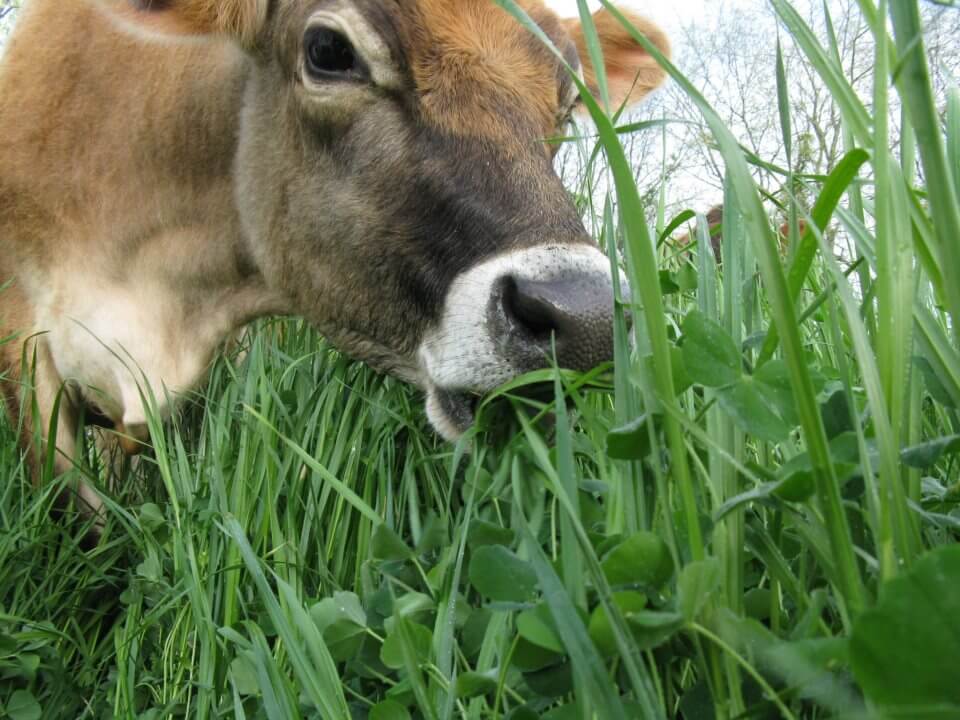OUR HERD IS 100% GRASSFED A2 JERSEYS
Benefits of raw milk from pastured cows
In other words, it’s really, really good for you.

So good, in fact, people have used it in treating the following conditions:
What is a cowshare program?
In Virginia, it is illegal to buy and sell raw milk (as in unpasteurized, fresh-from-the-cow milk). But it is not illegal to drink fresh milk from the cow that you own! Think of it – owning your own cow and boarding it at a local farm. The farmer performs a service for you by feeding, caring for, and milking your cow. And you benefit by being able to utilize the milk. This is called a cowboarding. It is a 100% legal process that thousands of people in Virginia are using to obtain raw milk.
What does it cost to begin "cowboarding"?
You make a one-time payment of $100 to buy a share in the herd of Avery’s Branch Farms’ Jersey cows. In addition, you pay a $40 boarding fee each month for the feeding and care of your cow. The share entitles you to one gallon of milk each week. You may buy as many shares as you would like. We also offer half shares, which entitle you to a half gallon of milk each week. They are half the price of a full share.
How do I get my milk each week?
We have a variety of pick up locations. There is a $15.17 monthly fee to have your milk transported from the farm to a drop site. All milk is delivered in plastic, recyclable dairy jugs (#2 high density, quality grade) at a cost of $3.25 per month.
How long does raw milk last?
- Always monitor your fridge temp to ensure milk is being kept at 35 degrees (and don’t keep milk in the door).
- Be sure to transport milk in a cooler with ice after picking up from the drop site.
- Try not to leave milk out at mealtime for long periods.
How do I help my milk stay fresh?
Is sour milk dangerous?
What do the cows eat?
Our cows are 100% grass fed. They feast on pasture grass all day (and, in the winter, high quality hay). Premium forage produces the very best milk. Note that the pastures here are not fertilized with any chemical fertilizer. Our cows are never fed antibiotics or growth hormones.
